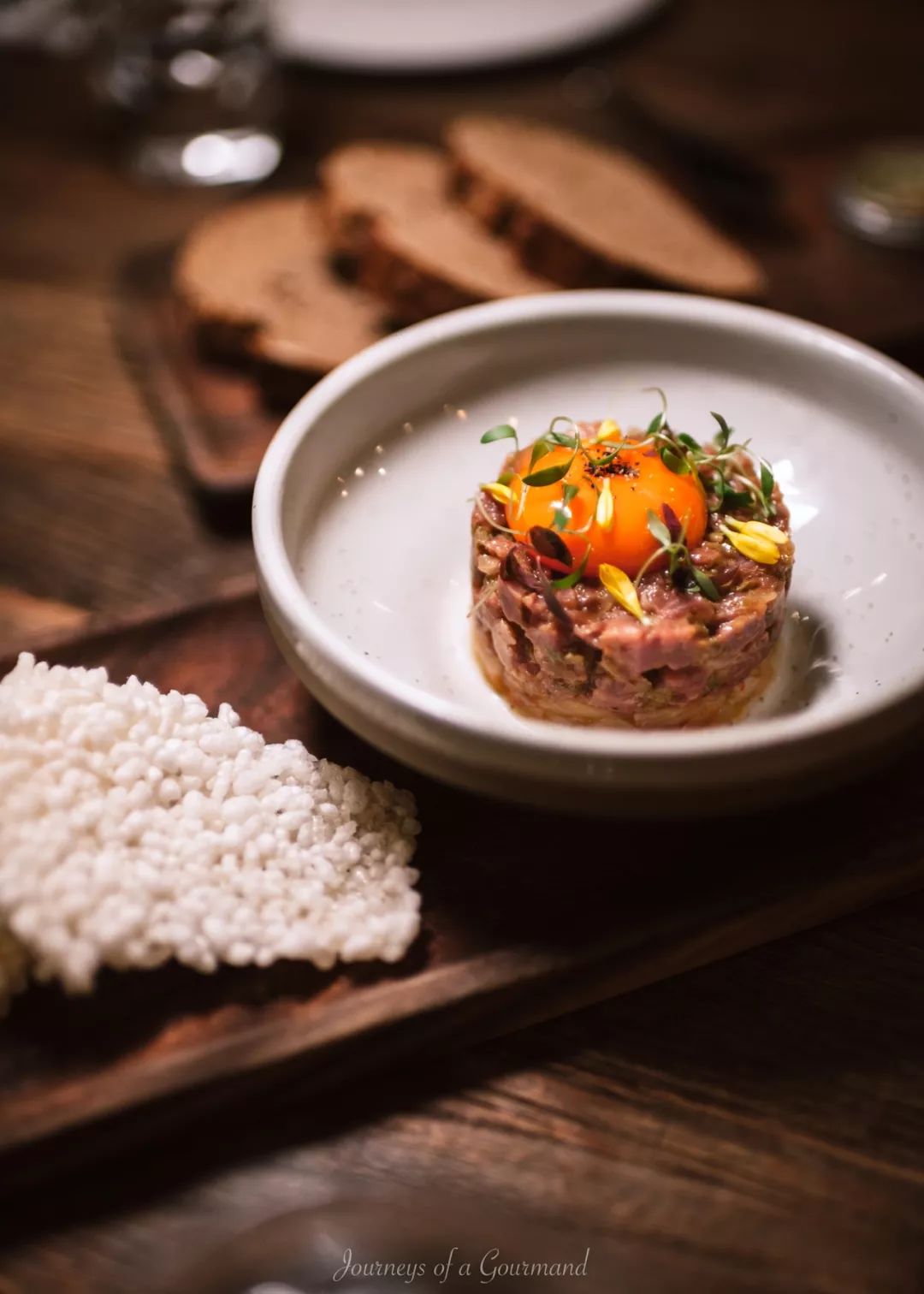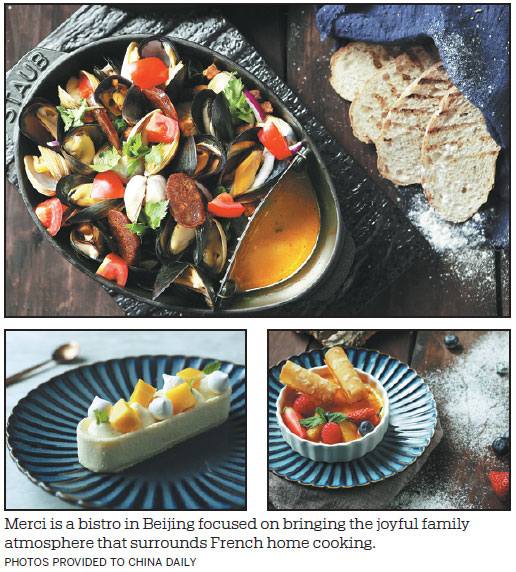Discover Authentic Hebrew Recipes: A Journey Through Traditional Jewish Cuisine
#### Introduction to Hebrew RecipesHebrew recipes encompass a rich tapestry of flavors, traditions, and cultural significance that have evolved over centuri……
#### Introduction to Hebrew Recipes
Hebrew recipes encompass a rich tapestry of flavors, traditions, and cultural significance that have evolved over centuries. These recipes, rooted in Jewish heritage, reflect the diverse influences of various regions where Jewish communities have thrived. From savory dishes to sweet delights, Hebrew recipes offer a culinary journey that connects people to their history and heritage.
#### The Essence of Hebrew Cuisine
At the heart of Hebrew recipes lies the concept of **kashrut**, the dietary laws that guide what is permissible to eat in Jewish culture. This has shaped many traditional dishes, emphasizing the importance of ingredients and preparation methods. Staples in Hebrew cuisine often include fresh vegetables, grains, legumes, and meats, all prepared with care and respect for the ingredients.
#### Popular Hebrew Dishes
1. **Challah**: A sweet, braided bread traditionally served on Shabbat and holidays. The dough is enriched with eggs and often includes honey, giving it a delightful sweetness and a soft texture.

2. **Matzo Ball Soup**: A comforting dish often enjoyed during Passover, featuring fluffy matzo balls made from matzo meal, eggs, and water, served in a rich chicken broth.
3. **Shakshuka**: A vibrant and hearty dish made with poached eggs in a spicy tomato sauce, often flavored with peppers, onions, and spices. It’s a popular breakfast item in Israel and can be served with crusty bread.
4. **Falafel**: Deep-fried balls made from ground chickpeas or fava beans, seasoned with herbs and spices. Falafel is often served in pita bread with tahini sauce and fresh vegetables, making it a beloved street food.
5. **Rugelach**: A delightful pastry filled with ingredients like chocolate, nuts, or fruit preserves, rolled into a crescent shape. Rugelach is a popular dessert in Jewish households, especially during holidays.
#### Cooking Techniques in Hebrew Recipes

Hebrew recipes often highlight traditional cooking techniques passed down through generations. Techniques such as braising, baking, and frying are commonly employed, allowing for a variety of textures and flavors in dishes. Additionally, many Hebrew recipes emphasize the importance of communal cooking and sharing meals with family and friends, reinforcing the cultural significance of food in Jewish life.
#### Seasonal Ingredients and Celebrations
Hebrew recipes are often tied to Jewish holidays and seasonal ingredients. For instance, during Rosh Hashanah, sweet dishes like honey cake and pomegranate salad are popular, symbolizing a sweet new year. Similarly, during Hanukkah, foods fried in oil, such as latkes (potato pancakes) and sufganiyot (jelly-filled donuts), are enjoyed to commemorate the miracle of the oil.
#### Modern Interpretations of Hebrew Recipes
In contemporary cuisine, many chefs are reinterpreting traditional Hebrew recipes, incorporating global flavors and modern cooking techniques. This fusion approach allows for creativity while still honoring the roots of Hebrew cuisine. For example, traditional matzo ball soup may be served with a twist, such as adding Asian-inspired flavors or garnishes.

#### Conclusion: Embrace Hebrew Recipes
Exploring Hebrew recipes is not just about cooking; it's about connecting with a rich cultural heritage. Whether you are preparing a festive meal for a holiday or simply enjoying a comforting dish at home, Hebrew recipes offer a delicious way to celebrate tradition and share in the joy of food. As you embark on your culinary journey, remember that each dish tells a story, bringing people together through the universal language of food. So gather your ingredients, invite loved ones, and dive into the wonderful world of Hebrew recipes!